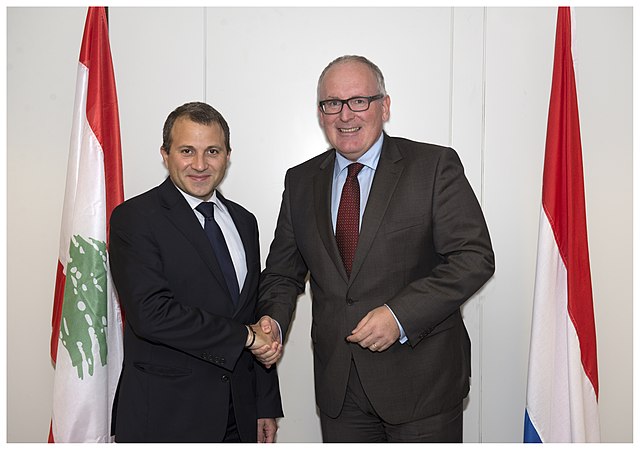As Lebanon celebrated Christmas, a Syrian refugee camp in Miniyeh in the north of Lebanon was attacked by a group of local youths who set fire to tents amid clashes with residents. The number of violent incidents against displaced communities living in the country has grown steadily in recent months. This has run in parallel with the public becoming apathetic to these acts, and viewing them as normal daily occurrences.
The makeshift camp houses over 375 people, and the attack highlights a worrying trend. The 1.5 million Syrian refugees based in Lebanon are increasingly targets of intimidation and violence, on the back of the country’s disastrous economic conditions.
Tensions are running high. The killing of Joseph Tawk, a Lebanese national, by a Syrian living in Bcharre, led to rioting and the eviction of the entire refugee population of the town with over 200 Syrian families forced to look for refuge elsewhere or else face physical harm.
This dangerous xenophobic atmosphere isn’t helped by several politicians, including former minister of Foreign Affairs and President Michael Aoun’s son-in-law Gebran Bassil blaming Syrian refugees for Lebanon’s collapse.
Bassil has consistently sought to use refugees as a fearmongering foil, and has previously stated: “The Syrian refugee crisis is the biggest crisis threatening the Lebanese entity.” This perception is growing among communities that were initially supportive of the Syrian revolution to topple the Assad regime. Bcharre is one example, but there are many others.
The voices calling for calm are there. Miniyeh and Bcharre support Saad al-Hariri’s Future Movement and Samir Geagea Lebanese Forces, both of which have defended and openly demanded protection for Syrian refugees living in the country. Hariri has declared, “that they [refugees] won’t go back to Syria as long as that regime is in place [and] as long as I don’t have a UN green light for their safe return, I’m not going to do anything.”
Calls for eviction of the Syrian population, however, underscores that Lebanon’s traditional political parties no longer hold sway over their power base on this issue.
Local media outlets have been complicit in fueling xenophobia by exaggerating the perceived threat of refugees stealing jobs, while playing down violence on refugees as simple altercations.
In many cases the media fails, or refrains, to report on violence committed in areas controlled by Hezbollah and their allies. The expulsion of refugees through force in areas deemed as a security threat saw the border town of Arsal meet this fate.
The Lebanese state has conspired to make the refugees in Lebanon keep, and in some cases, make worse the suffering they endured in Syria. Introducing different measures have stripped them of their legal rights and exposed them to persecution.
Staying silent might be the way the Lebanese state wishes to deal with such crimes, but the country’s people need to stop looking for excuses to justify crimes such as the burning of the Bhanin camp – just one example among hundreds of equally heinous acts of racism perpetrated against non-Lebanese.
The Syrian refugee crisis is undoubtedly a major challenge for Lebanon. The racism, violence, and expulsion of Syrian refugees by the people of Lebanon is a different matter. Why should an already reluctant international community invest in the country when the local population fail to treat others with respect?
The sight of the burning tents in the refugee camp in Miniyeh is not simply a crime against humanity: Lebanon’s soul and moral standards have gone up in flames too.










